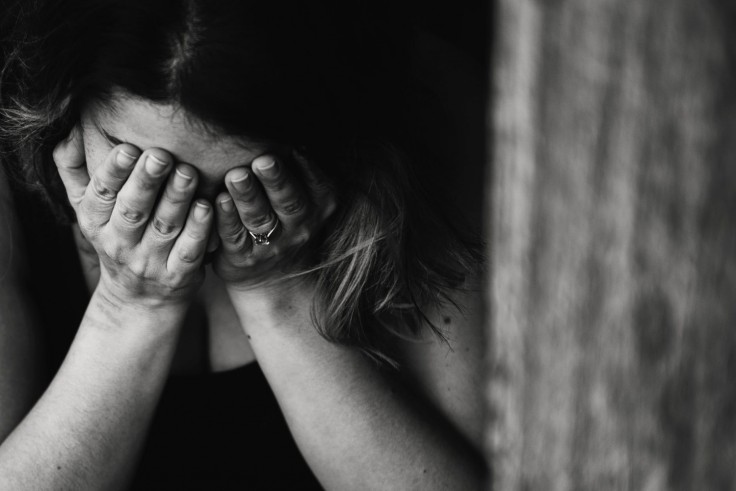
Losing a child is difficult, miscarriages have an emotional impact that you may have never experienced before. The feeling of immense sadness, anger, and disbelief can take a toll on anyone and it leads to depression and difficulty in coping and functioning.
Even though the baby is still in the womb, mothers can feel the maternal bond as the baby grows inside of her. After a miscarriage, mothers feel like a part of them passed away too. Although the loss is still there and there is nothing that you can do to undo what happened, there is still a chance for you to move forward after a tragedy.
What causes miscarriage?
Every year, around 1 million mothers in America suffers a miscarriage. There are numerous reasons why miscarriages happen, the most common one is the genetic abnormality in the embryo, according to the APA or the American Pregnancy Association. But there are other reasons too, and one of them is chromosomal abnormalities.
Chromosomal abnormalities are described as an error in the genes of the fetus. During fertilization, the egg and the sperm bring 23 chromosomes together and they match up, this is a complicated process and sometimes the chromosome count is not enough to create perfectly matched sperm and egg cell pairs.
Thyroid disorders are another cause for miscarriage, it often leads to issues with infertility. If the thyroid function of a woman is too low, the body will try to make up for the imbalance by producing more hormones and it can interfere with the function of the estrogen, making the uterus not good enough for implantation or it can lead to uterine bleeding.
Women with diabetes are also prone to miscarriage. If you are diagnosed with diabetes and you want to get pregnant, make sure that you work with your endocrinologist or your physician so that you can optimize your sugar control. If the insulin-dependent diabetes is not controlled, you may suffer a miscarriage during your first trimester and it can increase the chances of birth defects.
The physical condition of a mother plays an important part in having a healthy pregnancy. If the mother has abnormal physical conditions or their uterus is not healthy enough to carry a child, the possibility of them suffering a miscarriage is high. It is best to consult a doctor and have your uterus examined to know if you can proceed with the pregnancy or if there are medications that you need to take.
How to cope after a miscarriage
A loss of a child does not only affect the mother, but it also affects the father. Men and women grieve differently, women are more vocal about their feelings and they show their emotions, while men tend to keep their feelings to themselves and grieve alone.
It is important that couples talk to each other after losing a child because no one else can understand the feeling except the two of you. You need to work together in order to recover from the tragedy, as it is not something that can be dealt with alone.
Keep your communication lines open, be sensitive to each other's feelings and accept that you and your partner have different coping styles. There are also support groups for parents who just lost their little ones. They provide counseling and forums, and you can meet other parents who experienced the same loss.
Healing after a miscarriage does not mean that you need to forget what happened, it just means that you can move forward and refocus your life.